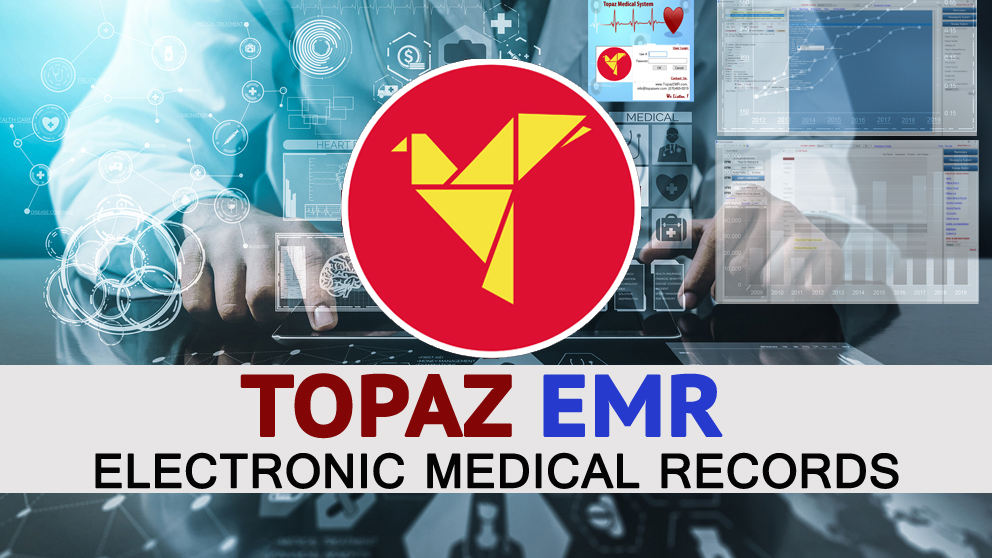By Anna Tabitha Bonfert, Abhilasha Sahay and Haddijatou Ceesay
Do you know about a proven cost-effective policy solution that can improve women and girls’ health, school attendance, self-esteem, work productivity, and opportunity? Investing in menstrual health and hygiene is one such solution.
Five-hundred million people globally still lack access to safe, affordable and culturally appropriate menstrual products and comprehensive knowledge. Lack of adequate menstrual care, including accessibility to menstrual products, and well managed water, hygiene and sanitation (WASH) facilities, keeps many girls away from school and women away from work during their periods. For example, approximately one in 10 girls in Sub-Saharan Africa miss school during menstruation, potentially leading to a 20 percent loss in the school year.
Reimagining systems
We need to rethink how systems can be constructed—collaboratively with girls and young women—to position menstrual health as a catalyst for policy transformation. As outlined in the World Bank Group Gender Strategy 2024-2030, prioritizing investments that unlock girls’ potential is vital for sustaining economic growth both in the short and long term.
The World Bank’s investments in menstrual health and hygiene are integral to achieving universal health care coverage goals and contribute to our objective of reaching 1.5 billion people with health services. Still, menstrual health is a multi-faceted issue, extending beyond the health sector, requiring cross-sectoral solutions. Here are three lessons we have learned from over a decade of delivering menstrual health program across different sectors.
Community-driven approaches: engaging from the bottom up
Sustainable change in menstrual health and hygiene requires engaging youth and communities from the earliest stages of project design through to implementation. Their meaningful participation strengthens relevance, ownership, and long-term impact.
The World Bank is actively investing in menstrual health management using a community-driven model. These initiatives aim to improve hygiene practices and empower women and adolescent girls while actively engaging communities as implementation partners. For example, the Lao PDR’s Scaling-Up Water Supply, Sanitation and Hygiene Project has completed the construction of WASH facilities in 71 schools and 19 health centers expanding access to hygiene solutions for local communities. Additionally, to promote gender-inclusive decision-making, WASH committees with at least 30 percent female members were also established in 92 of the 114 project villages.
According to the project’s task team lead and Senior Water Supply and Sanitation Specialist Viengsompasong Inthavong, the initiative tackled the issue of low school attendance among adolescent girls by adopting a comprehensive strategy: ensuring access to functional single-sex toilets, adequate water and soap supplies, and providing educational materials on hygiene, with a particular focus on menstrual hygiene management.
Use data to build the investment case
Robust and consistent use of data and strong monitoring and evaluation systems helps build the investment case, generate policy-relevant evidence and cultivate government buy-in. For example, in Angola, BeGirl, a social enterprise working across the African continent on menstrual health and hygiene to advance gender equality, education, and economic participation, in partnership with UNFPA, conducted a pilot reaching 2,000 girls, using data and youth-led impact. The study emphasized salience of early comprehensive menstrual education, involving youth, parents, teachers, and community leaders, and provided sustainable access to menstrual products.
The government later expanded this approach through the World Bank’s PAT II (Projecto de Empoderamento da Rapariga e Aprendizagem para Todos) project in Angola. Funding from this project was crucial in sustaining menstrual health integration in schools, demonstrating how the right data, paired with early engagement with governments, can lead to impactful public investment. Senior Economist and Team Lead, Natasha de Andrade Falcao, places a strong emphasis on strengthening monitoring and evaluation systems, which is vital for ensuring project sustainability, while facilitating the replicability and scalability of menstrual hygiene interventions.
Build partnerships to ensure alignment
Collaboration with ministries and strategic partners, including UN agencies, NGOs, and the private sector, helps align programs with national priorities and unlocks opportunities for sustainable scale-up. Hana Brixi, the Global Director of the Gender Group, highlights the importance of collaboration, stating that addressing women’s and girls’ menstrual health and hygiene needs requires a concerted cross-sectoral effort, including active engagement of education systems, social protection programs, water and sanitation services. Addressing these needs also extends to trade, manufacturing, and distribution networks, while also engaging the private sector to drive innovation, expand access, and reduce stigma.
This approach is exemplified by the Brazil Enhancing Prosperity and Sustainability in the State of Sergipe Development Policy Financing project. By leveraging public-private partnerships, the project aims to improve and expand water and sanitation services, addressing the significant sanitation gap. According to the project’s team lead and Senior Country Economist Cornelius Fleischhaker, the partnership will bolster women’s access to sanitation services, critical for managing menstrual health.
Scaling what works
We know what it takes to make menstrual health and hygiene integration successful: community-rooted design, credible data, committed government partners, and flexible co-investment from development actors and private investments. We need to build systems that model and scale bottom-up, data-driven, and cross-sectoral approaches, and treat menstrual health as foundational, not optional.
The World Bank’s IDA has been a catalyst for advancing menstrual health and hygiene in the world’s poorest countries—supporting the shift from pilot programs to scalable, systemic solutions led by youth, owned by governments, and backed by global partnerships.
We are grateful for the technical inputs and collaborative efforts of Diana Sierra and Hadeel Kamel from BeGirl.
The post Three lessons to scale menstrual health and hygiene solutions appeared first on Caribbean News Global.

